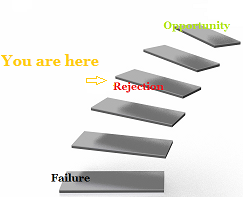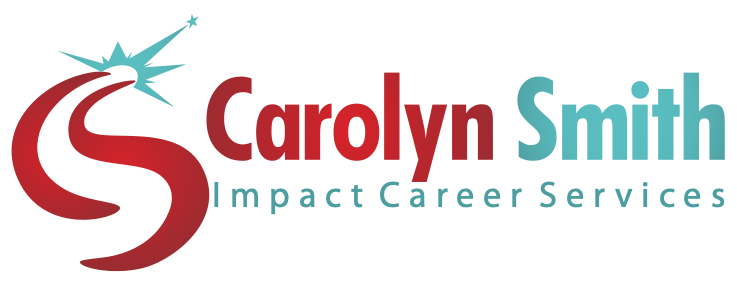 Learn how to take rejection gracefully
Learn how to take rejection gracefully
Nobody likes rejection – I mean rejection is really hard to take, especially if it is a job you really wanted. But you have to remember, you are not alone as even the most famous amongst us were rejected, or faced obstacles before they succeeded.
Take these examples from history:
- Chester Carlson, a young inventor, took his idea to 20 big corporations in the 1940s. After seven years of rejections, he was able to persuade Haloid, a small company in Rochester, N.Y., to purchase the rights to his electrostatic paper- copying process. Haloid has since become Xerox Corporation.
- Thomas Edison tried over 2,000 experiments before he was able to get his light bulb to work. Upon being asked how he felt about failing so many times, he replied, “I never failed once. I invented the light bulb. It just happened to be a 2,000-step process.”
- Persistence paid off for General Douglas MacArthur. After applying for admission to West Point twice, he applied a third time and was accepted. The rest is history.
- In 1927 the head instructor of the John Murray Anderson Drama School, instructed student Lucille Ball, to “Try any other profession. Any other”
- Buddy Holly was fired from the Decca record label in 1956 by Paul Cohen, Nashville “Artists and Repertoire Man.” Cohen called Holly “the biggest no-talent I ever worked with.”
- Academy Award-winning writer, producer and director Woody Allen failed motion picture production at New York University (NYU) and City College of New York. He also flunked English at NYU.
(Source Harvey Mackay)
The point is, there are two ways which you can handle rejection. The first is to never do anything that could possibly get you rejected. Stay home and wait for the phone to ring, or simply put up with your lot at work. The alternative is to accept that rejection is just part of the job search journey and to use rejection as an opportunity to learn.
Now I know if you are currently job searching and you already have a couple of rejection letters, then you are going to think I’m mad if I tell you it is not rejection, but an opportunity to learn. But hear me out on this one, as changing your mind set could be crucial to your job search strategy and long term career aspirations.
You see, our minds are programmed to believe that a rejection letter is a rejection of us, as an individual. It is so challenging to our self confidence, that whether we acknowledge it or not, we take it very personally and the natural tendency is for us to believe that we’re not as good as the next guy, that we are not one-of -a -kind and that, dare I say it, not deserving on a sub-conscious level.
But we are deserving of that job, promotion, higher salary level and new opportunity. We just need to re-program our mind and use the rejection letter as an opportunity to learn, improve and even an opportunity to test the waters.
You see at school, if we didn’t get it right, we ‘failed’ the exam and were a complete flunk. But in job hunting, if we don’t get it right, then we simply need to LEARN, so we do get it right!
Identifying areas you need to learn and improve upon
- Are you networking effectively?
- Are you tapping into the hidden job market?• While looking for new work, are you volunteering so you can maintain, or hone your skills and potentially meet key industry contacts?
- Are you setting aside significant time EVERY day to find work?
- Have you sent your resume to all relevant recruiters and employment agencies?
- Have you set up a Google Alert and job alerts on relevant job-search boards?
- Are you following up with recruiters and agencies weekly?
- Are you spending time everyday making cold or warm calls to prospects?
- Are you applying for appropriate jobs that match your skills and qualifications?
- Do you need to learn new skills, or gain new qualifications to secure a new job?
- Are you following up with employers after the interview?
- Does your resume or CV sell you effectively, by outlining the VALUE you offer to potential employers?
- Are you submitting an effective cover letter with your resume to employers?
- If applying for government jobs, are you writing effective selection criteria?
- How well are you performing at interview?
- Do you follow up an interview, with an appropriate thank-you note?
These are just a few areas that job-seekers just like you, can improve upon to ensure that you secure your dream job!

Leave a Reply